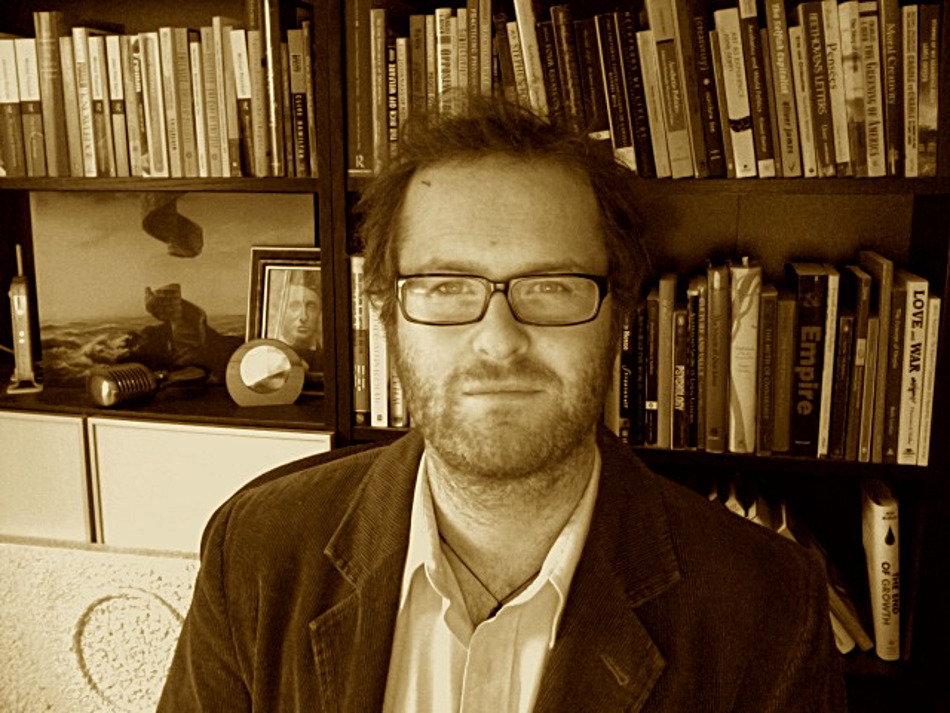
SIMPLICITY Institute co-director and University of Melbourne lecturer Samuel Alexander will argue economic growth is not the “most direct path to progress” in Yarragon next week.
Above: Dr Samuel Alexander. Source: Entropia website.
Dr Alexander will speak at a public Baw Baw Sustainability Network event on Thursday 29 October about the alternatives to economic growth as a measure of success.
ADVERTISEMENT
A BBSN spokesperson said Dr Alexander would be familiar to many as the author of sustainability articles on The Conversation‘s website.
“Sam Alexander directly challenges the widely held view that economic growth is the most direct path to progress,” the spokesperson said in a media release.
“In this talk he will review various counterarguments to this view, which suggest that the growth model is… unsustainable and even socially counter-productive.
“In an age of ecological overshoot and climate change, we actually need to be thinking about planned “degrowth.” Samuel Alexander explores the possibility of turning the overlapping crises of our times into opportunities for cultural and economic renewal.”
ADVERTISEMENT
Dr Alexander will speak at 19:30 at REstore, 79 Princes Highway, Yarragon. Entry: $9 members, $12 non-members including a light supper.









Try telling that to the unemployed and underemployed.
Ive done some thinking about this and in my view the only reason we have been sold the whole “growth” thing is to make more money for the business interests. The world cannot go on expanding its consumption of EVERYTHING, there will come a time, when we have exceeded what the environment can provide. I believe we have reached that point.So we need to more to a”sustainable” point to ensure life will continue, it wont be as we currently are, what it will be Im not sure.As to the jobs point made by Raymond (entirely valid BTW) I think part of the problem is that we have become SO productive that far fewer people are needed to carry out the work, EG in my field (automotive) think of how cars are made, how long they last and how little work is needed to keep them going compared to 30 years ago. Anyway Ill be going to the talk.